‘Boris Johnson’s natural liberalism doesn’t extend to drugs’
Your digest of analysis and commentary from the British and international press
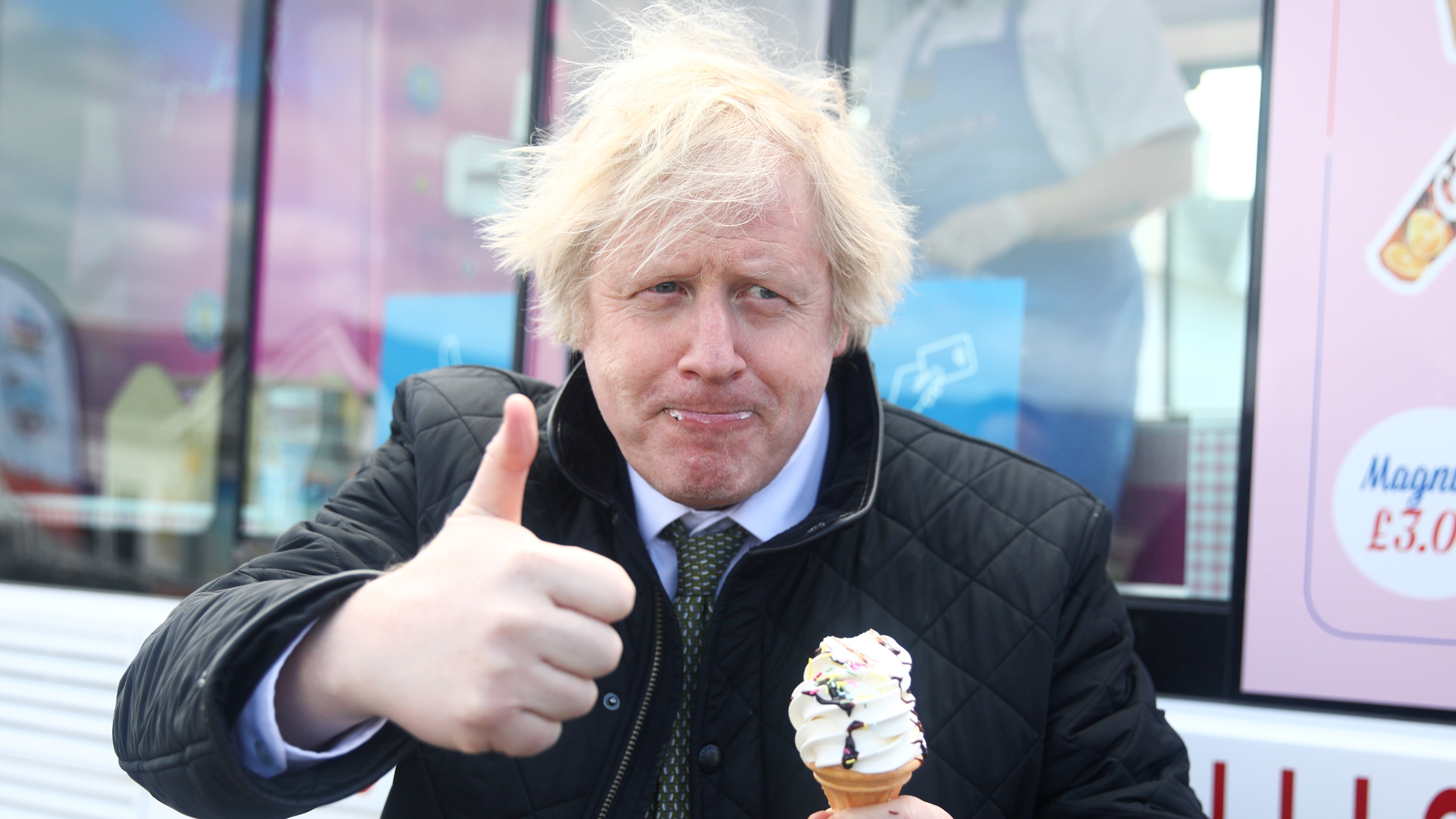
- 1. Don’t bet on Boris Johnson decriminalising cannabis
- 2. The EU’s disunity leaves it impotent and weak
- 3. After a year of Covid, a behaviour crackdown is an insult to England’s children
- 4. Artificial intelligence bias can be countered, if not erased
- 5. The pill has a higher risk of causing blood clots, but nobody is banning that
A free daily email with the biggest news stories of the day – and the best features from TheWeek.com
You are now subscribed
Your newsletter sign-up was successful
1. Don’t bet on Boris Johnson decriminalising cannabis
James Forsyth in The Times
on drug reform
“It’s a week since the publication of Tony Sewell’s report on racial inequality and the debate is still raging,” writes James Forsyth in The Times. But “no one has really picked up on one of its most striking recommendations”: namely the proposal “to refer those caught with small amounts of cannabis to treatment centres rather than to criminalise them”. The idea “could have a beneficial effect”, the report claims, but “the government won’t go down this route”, Forsyth says. “Public opinion is moving and Britain is not exempt.” But, “far from being a liberal on the matter”, Johnson “is greatly exercised about the damage drugs do”. “His strategy is to disrupt the supply of drugs and to push down the demand for them,” Forsyth adds. “The PM’s natural liberalism doesn’t extend to drugs.”
The Week
Escape your echo chamber. Get the facts behind the news, plus analysis from multiple perspectives.

Sign up for The Week's Free Newsletters
From our morning news briefing to a weekly Good News Newsletter, get the best of The Week delivered directly to your inbox.
From our morning news briefing to a weekly Good News Newsletter, get the best of The Week delivered directly to your inbox.
2. The EU’s disunity leaves it impotent and weak
Mark Almond in The Telegraph
on worrying neighbours
“One of his frustrations at dealing with international crises, former US secretary of state Henry Kissinger once remarked, was that he knew who was making the decisions in Moscow or Beijing,” writes Mark Almond in The Telegraph. But “who should I call if I want to call Europe?”. The EU believes “that it has answered his question”, with the bloc posing “as a power equivalent to the US or China”. “But the humiliation of EU Commission president, Ursula von der Leyen, at the hands of Turkey’s President Erdogan exposes the EU’s claims to foreign policy unity to be a sham.” “Britain may be out of the EU, but an impotent Europe is not a comfortable neighbour,” he adds. “Its blend of arrogance and incompetence invites predatory behaviour from the enemies of the West.”
A free daily email with the biggest news stories of the day – and the best features from TheWeek.com
3. After a year of Covid, a behaviour crackdown is an insult to England’s children
Carolyne Willow in The Guardian
on a need for leniency
“After a year like no other, the education secretary has resolved that confiscation of mobile phones and heavier threats of exclusion and detention should be top priorities for children’s return to school,” writes Carolyne Willow in The Guardian. “Politicians using children to make themselves look hard has a tragic inevitability about it, since this is a constituency without a single vote.” She adds: “Children are living through a global pandemic and their worlds have, without doubt, been turned upside down.” Many young people, Willow says, will have returned to school having lost loved ones and experienced difficulties. “If ever a country’s political class ought to give children a break, it would be now… when they have been through so much and shown such forbearance and fortitude.”
4. Artificial intelligence bias can be countered, if not erased
John Thornhill in the Financial Times
on future challenges
“The promise of artificial intelligence systems is that they are faster, cheaper and more accurate than dim-witted humans,” writes John Thornhill in the Financial Times. “The danger is they become an unaccountable and uncontestable form of power that only reinforces existing hierarchies and human biases.” He continues: “One hope is that AI-enabled tools can themselves help interrogate such systemic inequality by highlighting patterns of socio-economic deprivation or judicial injustice, for example. No black box computer system compares with the unfathomable mysteries of the human mind. Yet, if used wisely, machines can help counter human bias, too.”
5. The pill has a higher risk of causing blood clots, but nobody is banning that
Emma Flint in The Independent
on risk and bias
“In the last few days, we’ve seen another Covid-19 discourse arise – this time surrounding the AstraZeneca vaccine and its risk of blood clots,” writes Emma Flint in The Independent. “Yet, there’s little panic over the contraceptive pill, a medicine that has a higher risk of causing blood clots, and is used on a daily basis across the world.” For the majority of women who take the pill, Flint says, whether for contraception or hormone replacement therapy, “blood clots are deemed ‘acceptable’. It’s assumed it’s part and parcel of our existence,” she adds. The debates over the safety of the AstraZeneca vaccine will rage on, “but for those of us who sit with uncomfortable medical side effects on a daily basis, we see the bias, we see the current panic, and we wonder if our issues will ever be treated with the same concern”.
-
 A dreamy long weekend on the Amalfi Coast
A dreamy long weekend on the Amalfi CoastThe Week Recommends History, pasta, scenic views – this sun-drenched stretch of Italy’s southern coast has it all
-
 Can foster care overhaul stop ‘exodus’ of carers?
Can foster care overhaul stop ‘exodus’ of carers?Today’s Big Question Government announces plans to modernise ‘broken’ system and recruit more carers, but fostering remains unevenly paid and highly stressful
-
 6 exquisite homes with vast acreage
6 exquisite homes with vast acreageFeature Featuring an off-the-grid contemporary home in New Mexico and lakefront farmhouse in Massachusetts
-
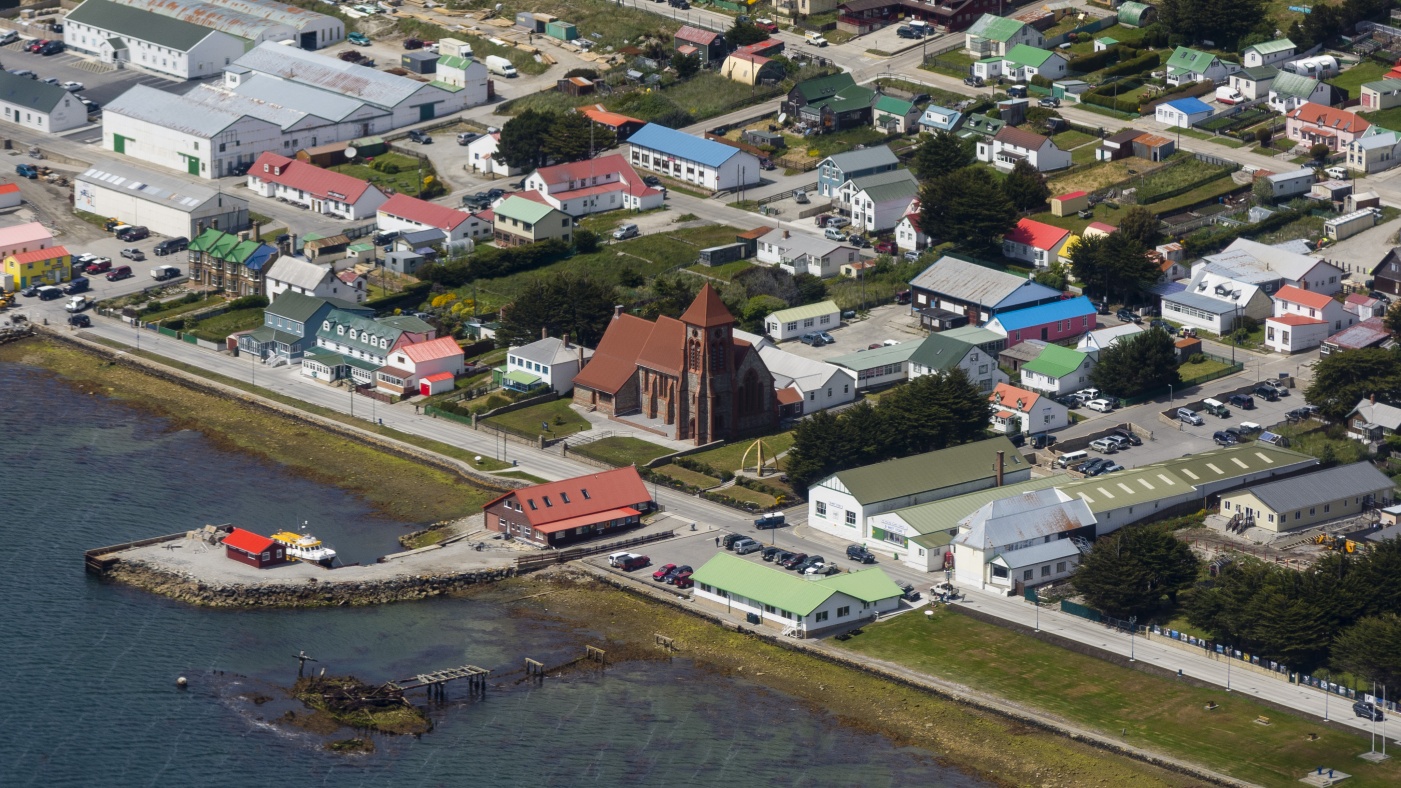 ‘Islas Malvinas’ and the new battle over the Falklands
‘Islas Malvinas’ and the new battle over the FalklandsTalking Point Argentina scores ‘major diplomatic win’ as EU refers to British territory by its disputed name
-
 Dutch king apologizes for country's role in slave trade
Dutch king apologizes for country's role in slave tradeSpeed Read
-
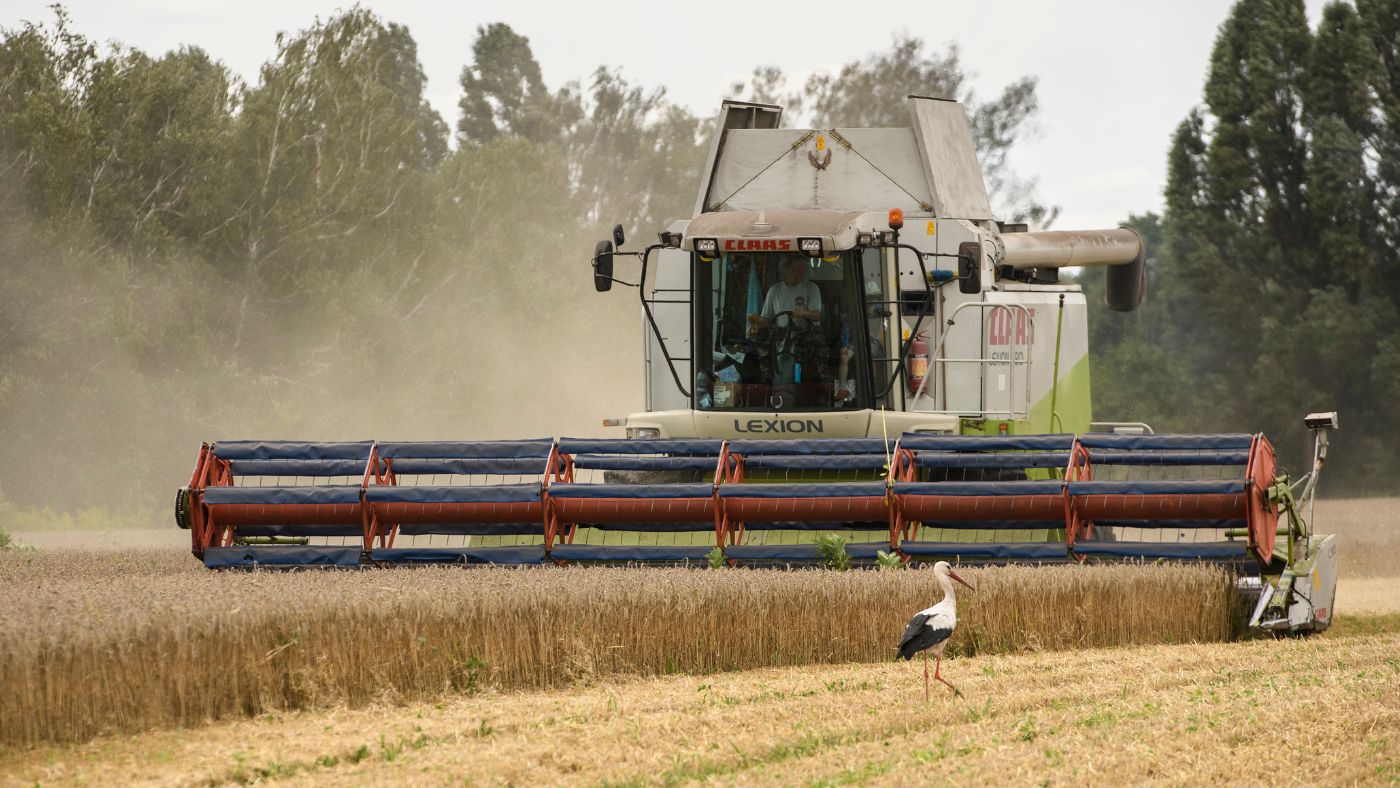 Ukrainian grain: rousing the fury of east Europe’s farmers
Ukrainian grain: rousing the fury of east Europe’s farmersfeature Three Eastern European countries have banned grain imports from the war-torn country
-
 4 Americans kidnapped in Mexico by armed gunmen, 2 killed, FBI says
4 Americans kidnapped in Mexico by armed gunmen, 2 killed, FBI saysSpeed Read
-
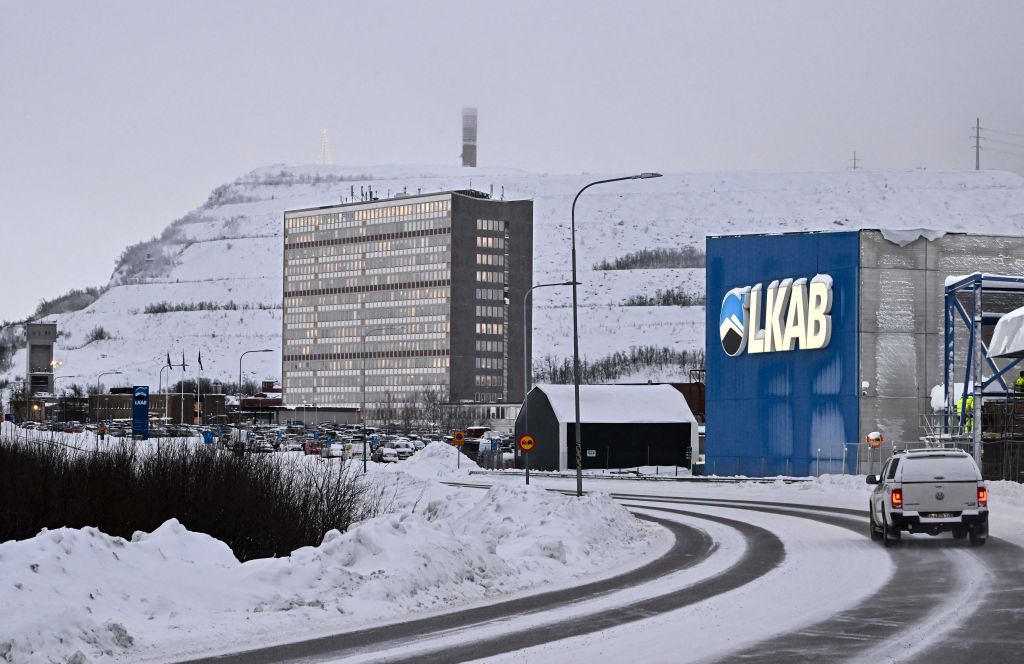 Swedish mining company discovers Europe's largest rare earth element deposit
Swedish mining company discovers Europe's largest rare earth element depositSpeed Read
-
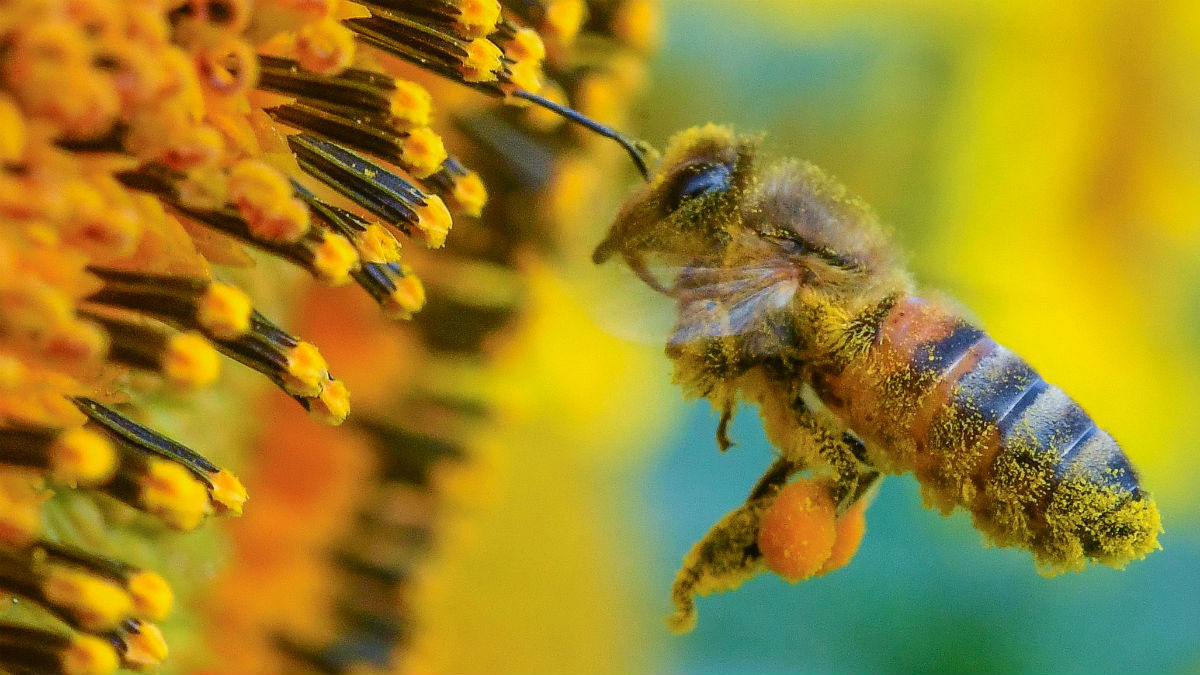 US approves world’s first vaccine for honeybees
US approves world’s first vaccine for honeybeesSpeed Read Development hailed as ‘exciting step forward’ in effort to halt decline in bee numbers
-
 10 things you need to know today: December 18, 2022
10 things you need to know today: December 18, 2022Daily Briefing North Korea fires pair of ballistic missiles that could potentially reach Japan, EU reaches deal on key climate change agenda, and more
-
 10 things you need to know today: December 3, 2022
10 things you need to know today: December 3, 2022Daily Briefing Protests in China continue as Beijing and Shenzhen loosen more COVID restrictions, Biden says there are currently no plans to talk to Putin in regard to ending war, and more